Understanding Lockout Period in Commercial Real Estate
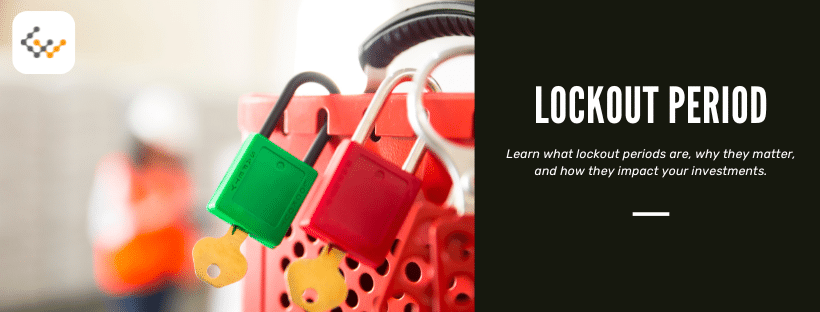
A lockout period is a specific, predetermined amount of time after the loan’s origination in which the loan cannot be prepaid. Lockout periods, when present, are defined within the loan contract and can be a negotiable condition in some situations. Since these periods can vary significantly from one organization to the next, investors should pay close attention to their presence and what they may mean … Read More
How Much Do Commercial Demolition Cost Per Square Foot?
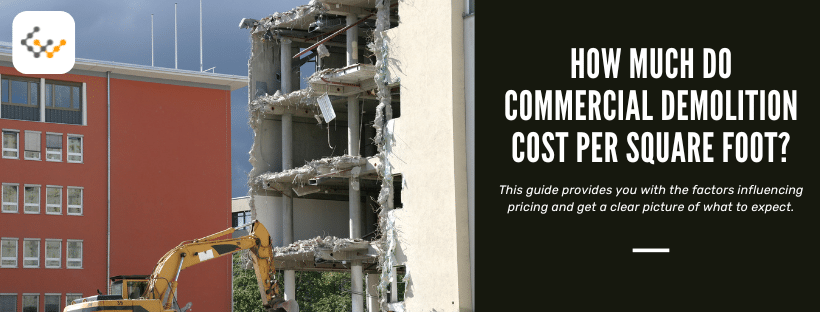
Investors typically need to take into consideration a wide range of factors before purchasing property, including the cost to demolish existing structures that may no longer fit the specific needs and objectives of the land’s use going forward. Calculating the value property while factoring in demolition cost is critical to do this.
What is the Average Cost of Commercial Demolition Per Square Foot?
Typical costs … Read More
ROE Formula: How to Calculate Return on Equity (ROE)
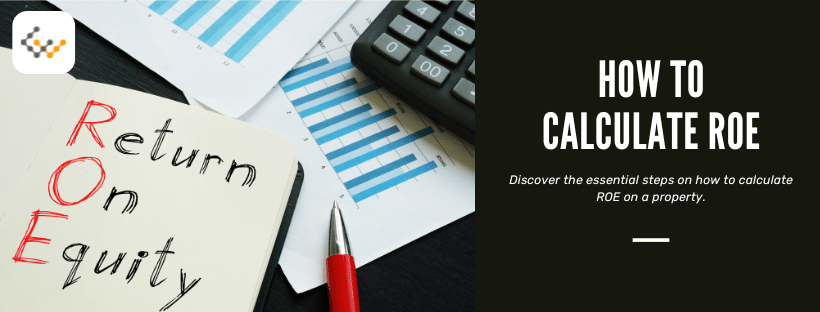
Return on equity (ROE) is a ratio used to measure the profitability of a real estate investment in comparison to shareholders’ stakes in the property. It shows how effectively an investment’s capital is being used to generate profits and thus is helpful when evaluating properties being considered or already in a portfolio.
Calculating ROE is a fairly straightforward process and something that every real estate … Read More
Capital Expenditure Formula: How to Calculate CapEx
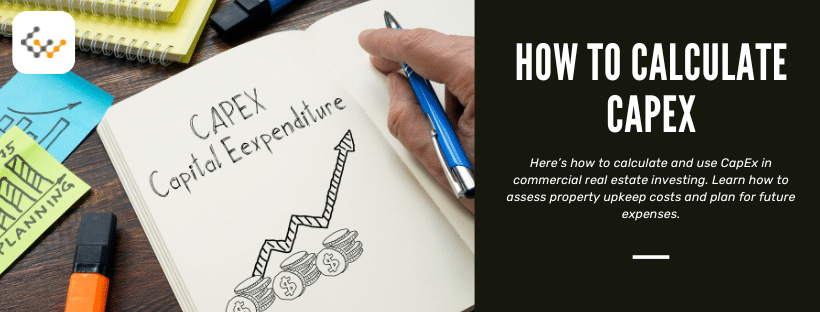
Commercial real estate investors need a solid understanding of just how much they’re putting into properties and other assets. The capital expenditures (CapEx) formula shows just that. Here’s how to calculate and use CapEx in commercial real estate investing.
What are Capital Expenses (CapEx) in Real Estate?
Capital expenses are the costs necessary for acquiring, maintaining, and improving physical assets. Commercial real estate primarily involves … Read More
How to Buy a Warehouse: A Guide to Warehouse Investment
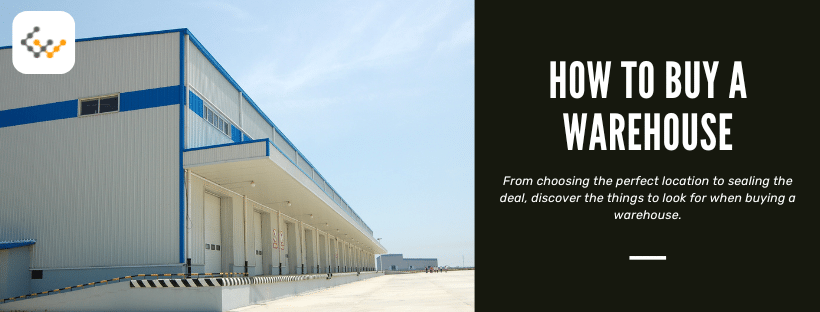
Warehouse space is valuable for many organizations. Due to the increased demand for consumer online purchases rather than in-store purchases, there has been a much higher demand for high-quality, accessible warehouse space in key markets. For investors, it is critical to determine if there is profit potential in purchasing a warehouse to meet revenue goals in a highly competitive industry sector.
What is Considered a … Read More
How to Find Off Market Commercial Properties

How to Find Off-Market Commercial Property Deals
The best deals are often those that others don’t know about, and this is especially true in commercial real estate. Knowing how to find off-market commercial properties and structure offers can help you acquire properties that otherwise wouldn’t be available. You could discover bargain deals, highly desirable properties, or other great commercial real estate deals others don’t know … Read More
Rentable Square Footage vs Usable SF: What’s the Difference?
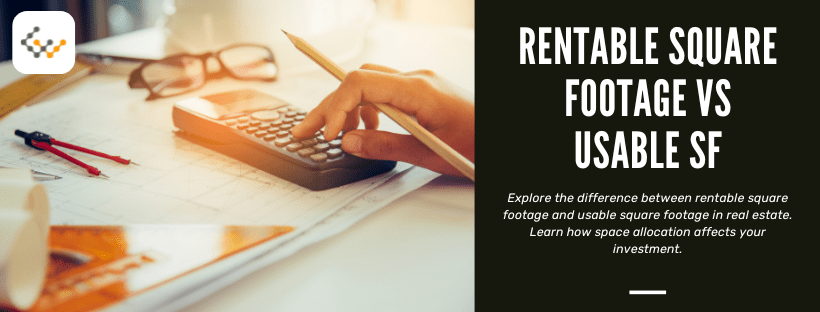
The space that retail and office tenants have in commercial real estate properties can be measured in two ways: rentable square footage and usable square footage. Although the two may sound like they refer to the same space, there’s actually an important difference between them.
This difference should be understood when renting multi-tenant retail and office properties. It’s usually not used for industrial or multifamily … Read More
How Much to Charge for Commercial Rent: 5 Key Considerations
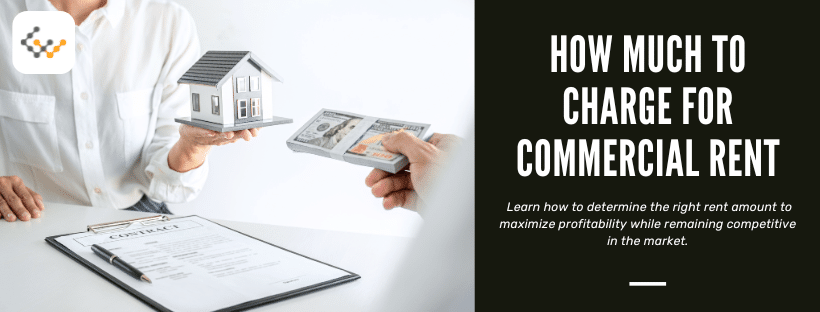
Commercial real estate investors must accurately determine how much rent they should charge. Too high rent will result in tenant turnover and vacancies, and too low rent will result in lower returns and potential cash flow issues. The right rent will be competitive with the local market and also provide a satisfactory return on investment (ROI). Here are some ways to determine how much to … Read More
Hotel to Apartment Conversion: A Guide

Investors looking for a way to transform a hotel into an apartment community may find that the premise makes good sense. While it can be a profitable move in some situations, investors must complete due diligence to understand the opportunities and limitations this process can offer fully.
Often called adaptive reuse of a property, this method can afford cities access to the housing they need … Read More
A Guide to One Percent Rule in Real Estate Investing

Real estate investors can use a variety of litmus tests to determine whether a property could be worth investing in. No single rule is a failsafe in real estate, but several can be informative when screening or evaluating properties. The one percent rule is among the most common tests used by investors who prioritize rental income.
What is the One Percent Rule in Real Estate? … Read More
